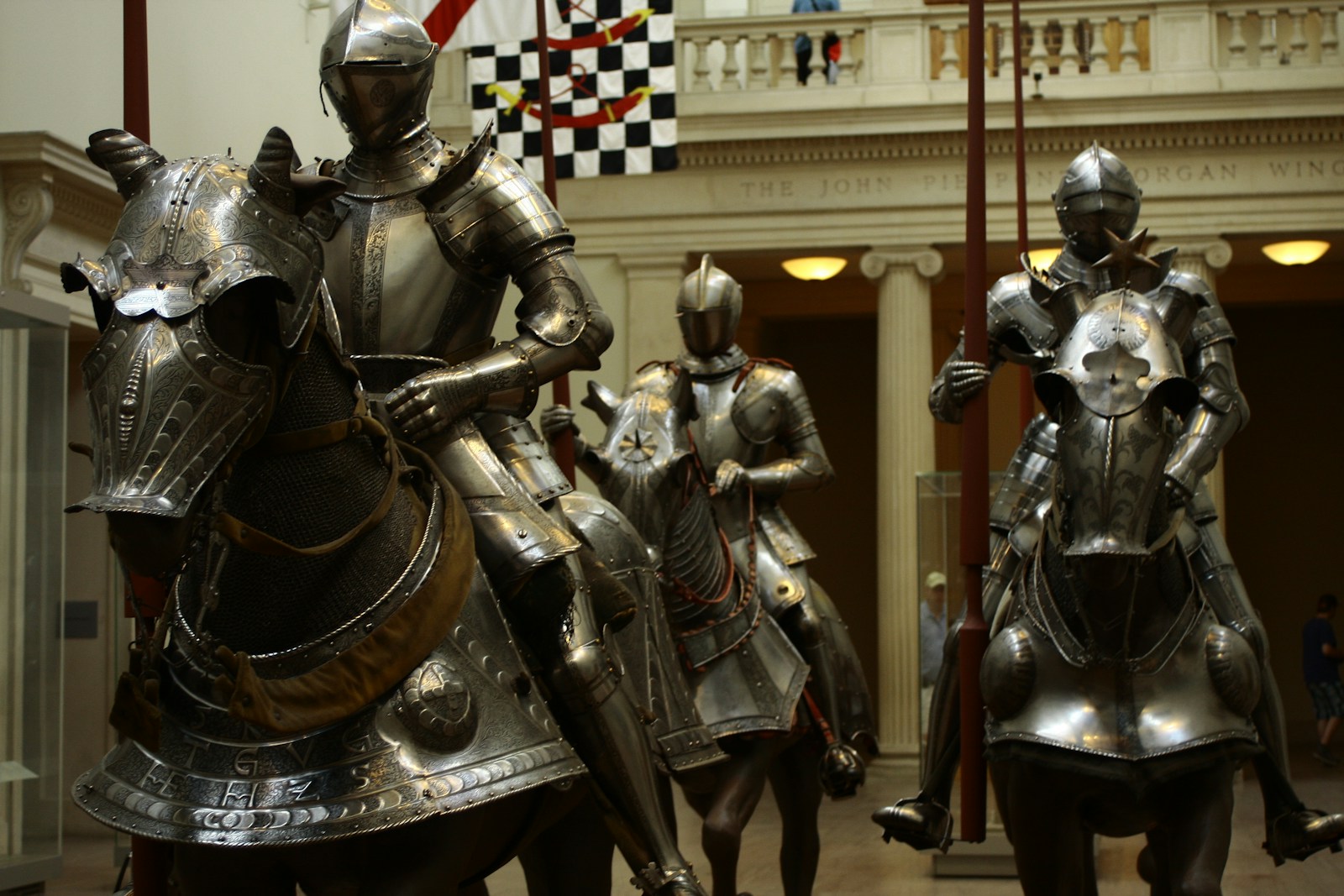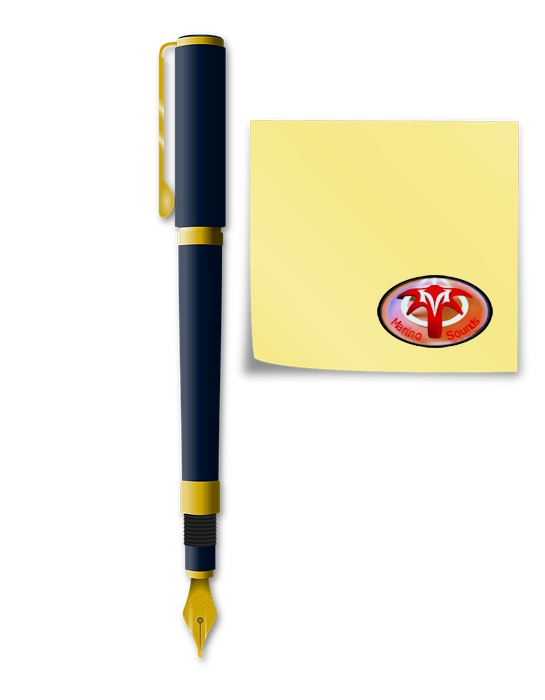 The first step is to understand the difference between science fiction Early Science Fiction On The Airwaves - Science Fiction in Radio Some might argue that Science Fiction has existed as long as civilization itself, as people gazed at the stars and wondered, "what if…" Juvenile Serials from the 1930s The first scifi old-time radio shows were primarily adventure serials aimed at young audiences, featuring a scientific theme, most notably Buck Rogers and… and fantasy. It has been widely debated that they are one and the same. However, one can argue that in science fiction, we deal with the realm of possibility or plausible technology, things that could be possible in life as we know it. In fantasy, anything goes! Whatever one can imagine, such as animals that speak English or things we generally consider impossible but make for excellent reading, can be considered fantasy.
The first step is to understand the difference between science fiction Early Science Fiction On The Airwaves - Science Fiction in Radio Some might argue that Science Fiction has existed as long as civilization itself, as people gazed at the stars and wondered, "what if…" Juvenile Serials from the 1930s The first scifi old-time radio shows were primarily adventure serials aimed at young audiences, featuring a scientific theme, most notably Buck Rogers and… and fantasy. It has been widely debated that they are one and the same. However, one can argue that in science fiction, we deal with the realm of possibility or plausible technology, things that could be possible in life as we know it. In fantasy, anything goes! Whatever one can imagine, such as animals that speak English or things we generally consider impossible but make for excellent reading, can be considered fantasy.
There is no correct or standard way to write a story. What works for one person may not work for everyone. However, there are several pieces of sound advice or guidelines that can help you in your endeavors to create a time and place that transport us from our everyday lives.
- You can keep it simple and start writing to see how your characters develop, and many writers have produced entire novels in this manner. In this approach, you experience the story much like your readers since you may not know which direction the story will take while writing. The downside of this writing style is that you might end up writing many pages that may or may not make it to the final draft, as there might not be a clear path for your story and it could change multiple times. However, there is nothing wrong with writing this way, as all writing is a learning experience that improves over time.
- If you prefer more structure, you can organize your story more thoroughly. This may not be as challenging as you think. You can begin by:
a) Writing a summary or overview of the story. When preparing to write a novel, you likely have a sense of what the story is about. Put it on paper! This crucial step helps you get it out of your head and onto paper or your computer. This allows you to analyze it from an external perspective at any later date. Often, when we have an idea and don’t write it down, we struggle to recall the full details of our thoughts. The story’s overview can eventually be used as a summary to describe the novel’s contents. The summary’s wording may change as the story develops, which is to be expected.
b) The story should have heroes and sinister characters, and naming them appropriately is essential. The names you choose for your characters should fit the story.
c) Decide the main characters’ roles, what they are trying to achieve, and how the opposing forces or characters interfere with the primary objective.
d) The story will not be as engaging if it is predictable or straightforward. You can introduce setbacks for the main character. As they try to do good or the right thing, they may face unexpected obstacles or significant setbacks to their ultimate goal. This keeps the reader intrigued and rooting for success.
e) Write a possible ending for the story. You may want to write multiple possible endings.
f) Now that you have a complete story overview with characters in place, you can write section by section. Feel free to make as many changes as you like to create the most impact for the story.
Whether you are writing science fiction or fantasy, we sometimes choose to humanize some characters, such as an animal that dresses or talks like us or an alien that sympathizes with humankind. Some of the most successful novels or stories are highly imaginative yet still relatable.
One way to gain experience and confidence as a writer is to enter a writing contest. Some of the better competitions are judged by experienced, well-known writers who often host workshops or have their websites with excellent writing tips. Entering writing competitions is a great way to break into this competitive field and get yourself known.
Manuel Marino is a seasoned Senior Producer, Music Composer, and Artist with over a decade of experience. He specializes in branded entertainment across various mediums, including video games, films, and advertising campaigns. With 20+ years as a game music composer, Manuel has worked on numerous platforms, creating diverse orchestral soundtracks. HIRE ME


 Manuel is a passionate, driven, and techsavvy AV technician,
Manuel is a passionate, driven, and techsavvy AV technician, 



